Cooking Basics: How Useful Is Olive Oil for Cooking?
Olive oil for cooking production is on the rise!
And for good reason, too.
Perhaps it’s the beautiful, slightly bitter flavor that goes so well with dressings and dips. Maybe it’s that you can use olive oil for cooking a variety of items in the kitchen (more on that later). Maybe it’s the nutrient-dense qualities of olive oil.
Whatever the reason, we’re on board.
Olive oil production saw a 28% increase this year compared with last. The global output is subject to reach an astounding 3,315,000 tons! And olive oil consumption has naturally increased, too, by 9 percent in the 2018 year alone.
So, olive oil lovers, there comes a pressing question. Can you use olive oil for cooking? And not only can you, but should you?
In short: yes—but we’ll break it down for you, so you know exactly what you’re getting into in the kitchen.
Keep reading!
Olive Oil Comes with Health Benefits
Olive oil comes with a slew of amazing benefits to your health, especially extra virgin olive oil (EVOO).
Check out these fantastic advantages to using olive oil over other oils in your next recipe:
- Loaded with monounsaturated fats (which contributes to their smoke point—more on that later)
- Contains tons of antioxidants that fight inflammation, protect blood cholesterol, and more
- The only monounsaturated fat that’s known to help prevent strokes
- Protects against heart disease—again, this is due to its incredible anti-inflammatory properties
- Doesn’t directly contribute to weight gain or obesity
- Has antibacterial properties
- May reduce the risk of Type 2 Diabetes
And this list isn’t even exhaustive.
Olive oil can be either refined or unrefined, as well as ‘extra virgin,’ ‘virgin,’ and standard.
Virgin and extra virgin options come loaded with more antioxidants, as they’re unrefined. Because of this, they’re considered to be more healthy than standard, refined olive oil. Although, when comparing refined olive oil to other types of oils, it still wins in the health department.
But to reap the most benefits, consider buying EVOO.
Olive Oil’s Smoke Point
In cooking, the smoke point refers to the temperature when an oil begins to burn and turn into smoke (hindering flavor and nutrition).
Each oil has a different smoke point related to its fats. Since olive oil has monounsaturated fats, it has a very manageable smoke point—one that isn’t too low, allowing you to cook at higher temperatures before the threat of burning.
Refined olive oil has a higher smoke point, at about 486 degrees Fahrenheit. Unrefined olive oil has a smoke point of about 410 degrees.
Because most kitchen duties require a temperature of about 250-400 degrees, olive oil’s smoke point is easy to work with. You can cover veggies with it before putting them in the oven, sautee items on the stove, or pan- and stir-fry food.
And of course, olive oil is perfect as-is, too. Mix it with balsamic for a wonderful dressing, or add herbs to it for a flavorful bread dip.
Use Olive Oil for Cooking Your Next Meal!
As you can see, not only is olive oil a healthy and yummy option, but it contends with other methods of cooking.
It provides a manageable smoke point, an interesting and unique flavor, and health benefits to boot.
So, should you use olive oil for cooking? It’s a resounding ‘yes’!
To get you inspired, check out some of these fantastic recipes that utilize Secolari’s artisan olive oil.

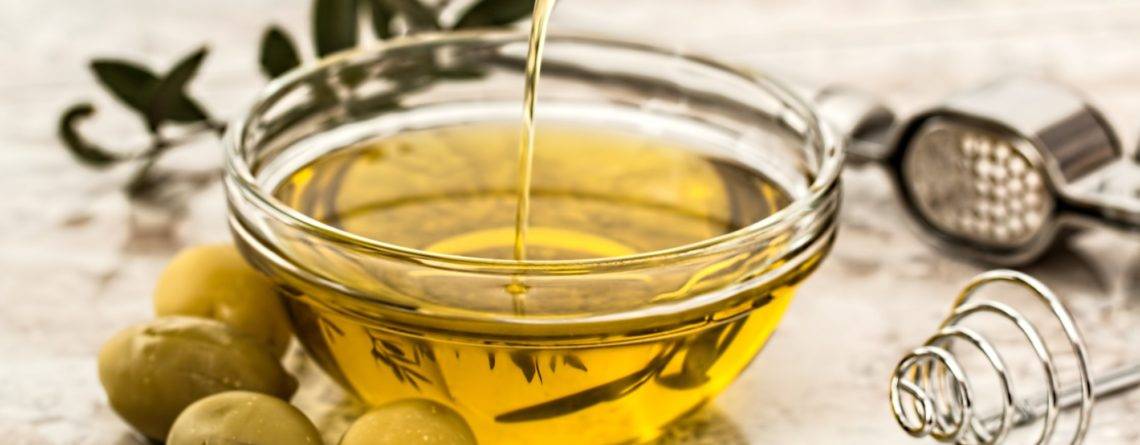
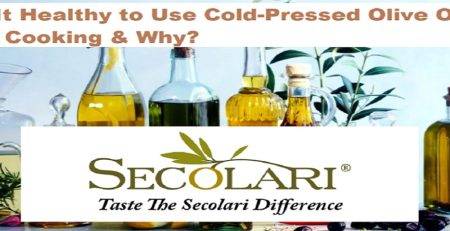
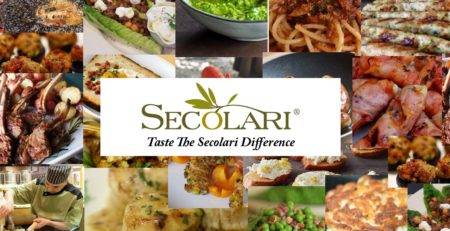
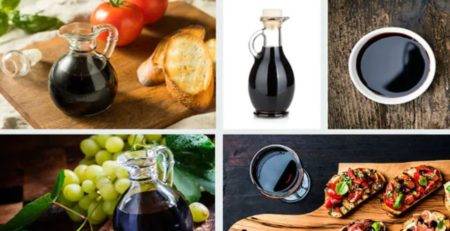
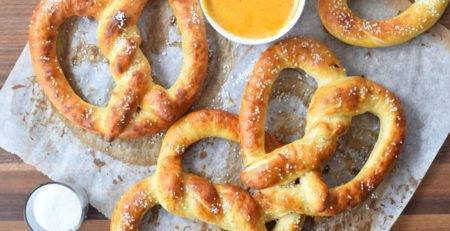
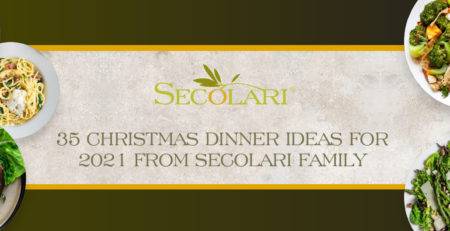

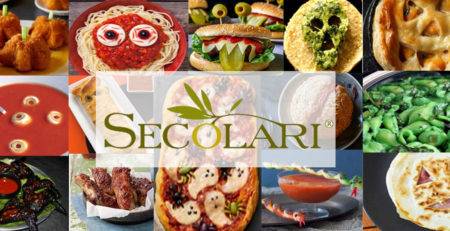
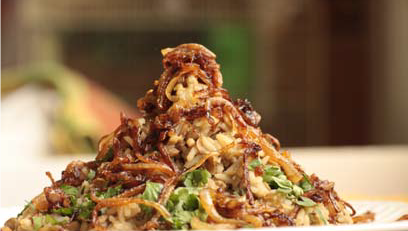
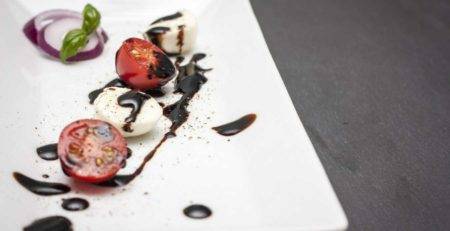
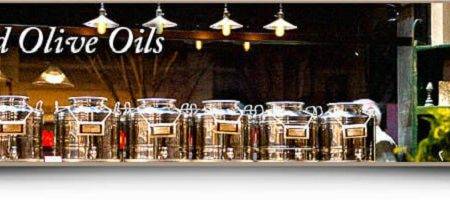
Comments (2)
[…] around the height of the Greek empire, someone had the brilliant idea to cook with it. Ever since then, we’ve used olive oil for frying, baking, and everything in […]
[…] plenty of omega-3 in olive oil. When you have lower cholesterol levels, you’re less likely to develop a stroke or heart disease. You can use olive oil in a variety of dishes and enjoy the health benefits of […]